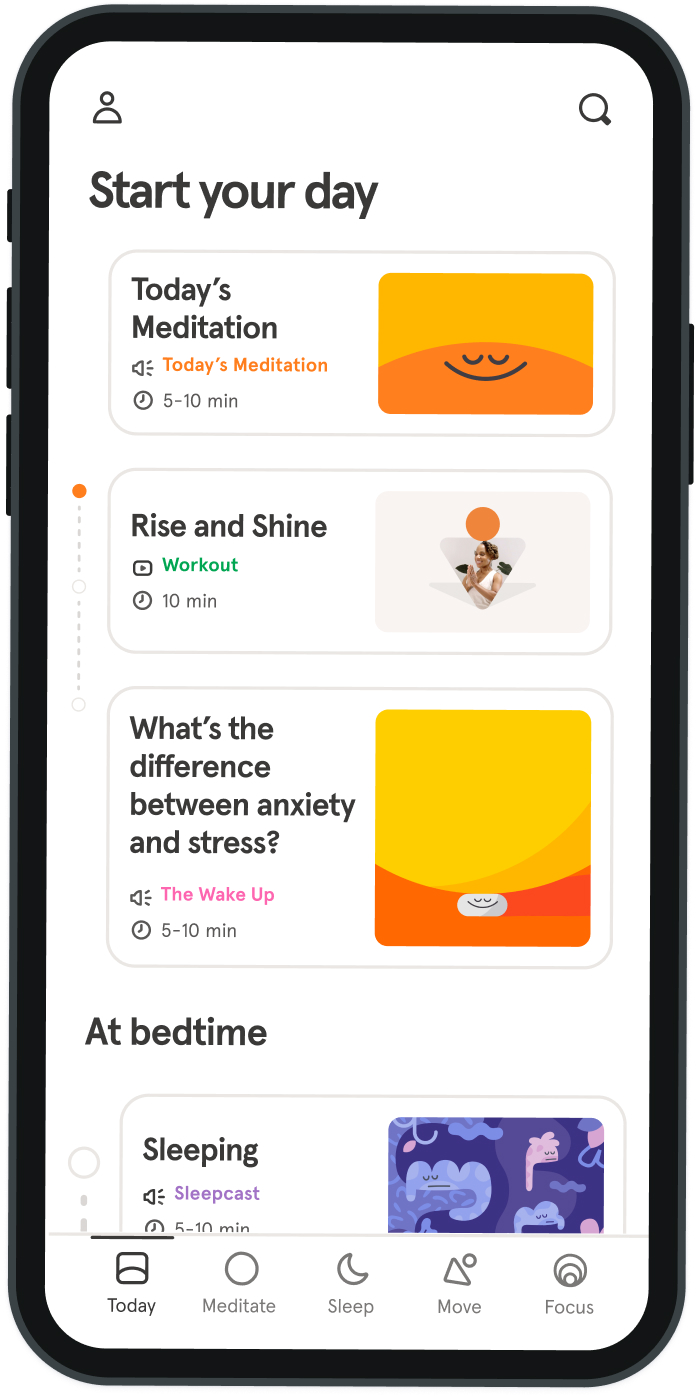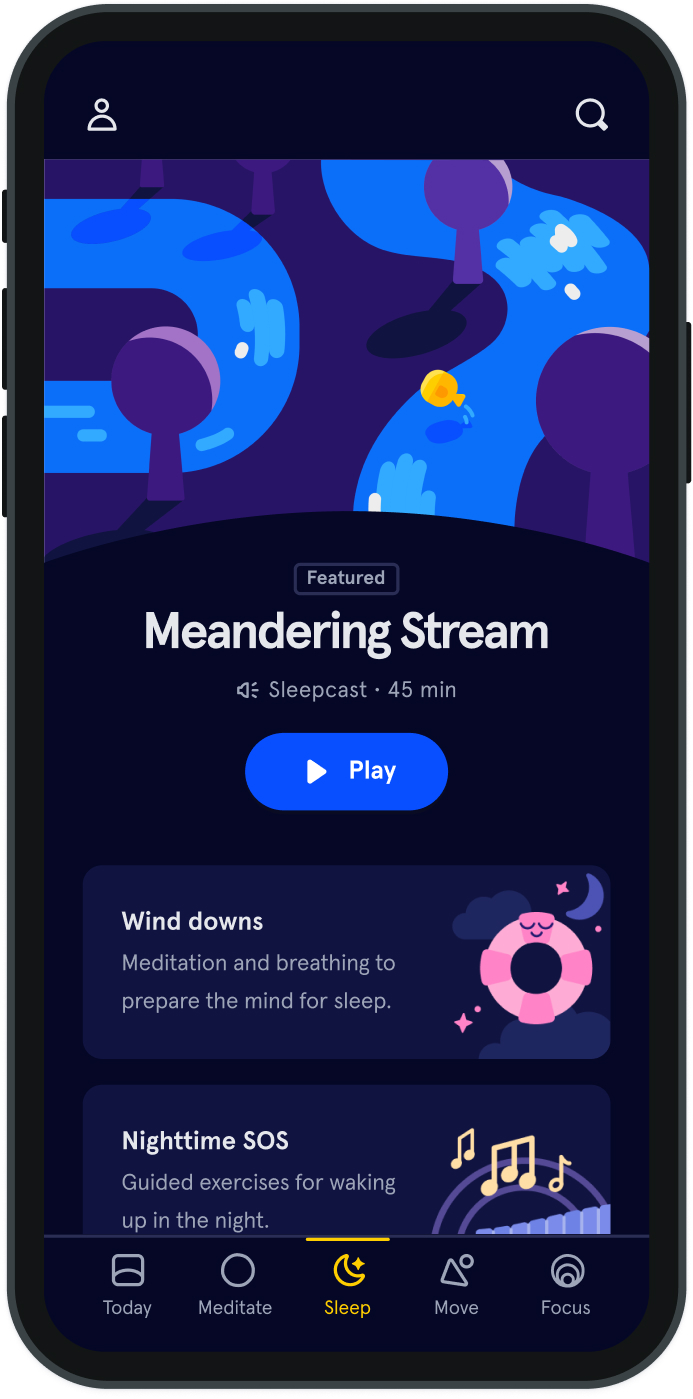Why is everyone telling you to “take a deep breath”?
“Take a few deep breaths” may be more than words of comfort in times of stress. Science shows that breathing slowly and deeply can induce a relaxation response in the body.
It’s easy to take breathing for granted—that is until you feel short of it. Breathing is usually an unconscious, involuntary process. In moments of high stress—giving a presentation, having a difficult conversation, getting stuck in traffic when you’re late—you may notice your breath becomes shallow and erratic, your pulse spikes, or you may even feel dizzy. Conversely, even mild blockage to respiratory passages can lead to physical and psychological stress. These symptoms of stress are part of a sympathetic nervous system response, also known as the fight-or-flight response, designed to help us survive in moments of threat. You may find that just reading about stress affects your breathing. Take a slow, deep breath. Now take another. Feel better? If you do, your body’s reaction aligns with many scientific findings today. Over the last decades, research has shown that full, complete breathing is connected with a parasympathetic nervous system response, also referred to as a relaxation response.
What are the mechanics of breathing? Human breathing is the process of inhaling oxygen and exhaling carbon dioxide. As you inhale, a dome-shaped muscle called the diaphragm below the lungs contracts downward. This creates space in the chest cavity and a vacuum effect in the lungs to receive the breath through the nose or mouth. Through a network of bronchial tubes, air sacs, and vessels, oxygen is delivered into the bloodstream and to the heart and tissues to keep them alive and healthy. As you exhale, the diaphragm muscle relaxes upward. The lungs contract in the smaller space and carbon dioxide, or “waste gas,” and water are expelled from the nose or mouth. Science now suggests that slowing down and deepening the natural breathing process described above can help you feel calmer. In a 2009 review, researchers at Columbia University found that slow, deep breathing was associated with reductions in stress in groups suffering from post-traumatic stress disorder as well as in groups of healthy individuals managing daily stress. Often, evidence of stress reduction, such as the slowing of rapid heart rate and decreases in blood pressure, were immediate. Longer-term results of deep breathing practice within the context of yoga or meditation show decreases in a stress hormone called cortisol, often associated with aging.
In other words, inhaling and exhaling slowly and consciously may help reduce symptoms of stress across populations not only over the long-term but right away. The Columbia review emphasized that this does not mean that we should try to eliminate our natural fight-or-flight reactions entirely, rather we reserve a sympathetic response for times of serious threat or excitement. In moments like missing an important phone call or getting into an argument with a partner, we can learn to self-soothe by practicing deep breathing. Because breathing usually happens naturally from birth, it makes sense that many of us were not taught how to breathe. Today, resources for deep breathing are available in abundance. Given the research, conscious control of breathing is increasingly recommended by clinicians and healthcare providers to support stress reduction in children and adults. This piece was produced in partnership with Nike Training Club. To get started on your fitness journey, download the NTC app here.



Be kind to your mind
- Access the full library of 500+ meditations on everything from stress, to resilience, to compassion
- Put your mind to bed with sleep sounds, music, and wind-down exercises
- Make mindfulness a part of your daily routine with tension-releasing workouts, relaxing yoga, Focus music playlists, and more
Meditation and mindfulness for any mind, any mood, any goal

Stay in the loop
Be the first to get updates on our latest content, special offers, and new features.
By signing up, you’re agreeing to receive marketing emails from Headspace. You can unsubscribe at any time. For more details, check out our Privacy Policy.
- © 2025 Headspace Inc.
- Terms & conditions
- Privacy policy
- Consumer Health Data
- Your privacy choices
- CA Privacy Notice
